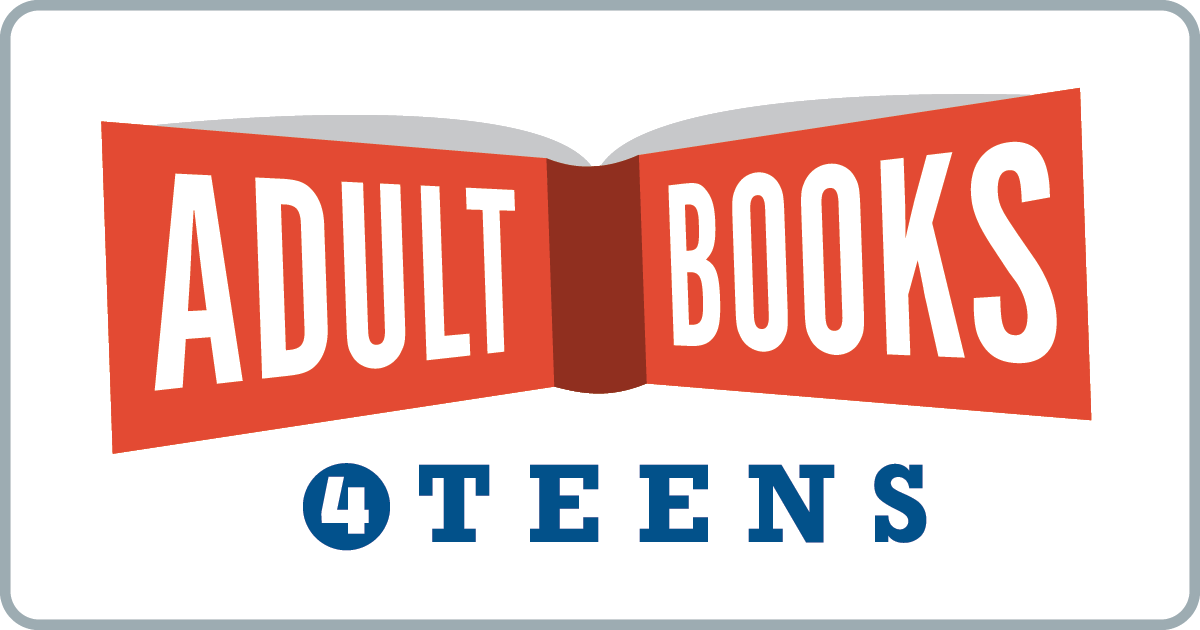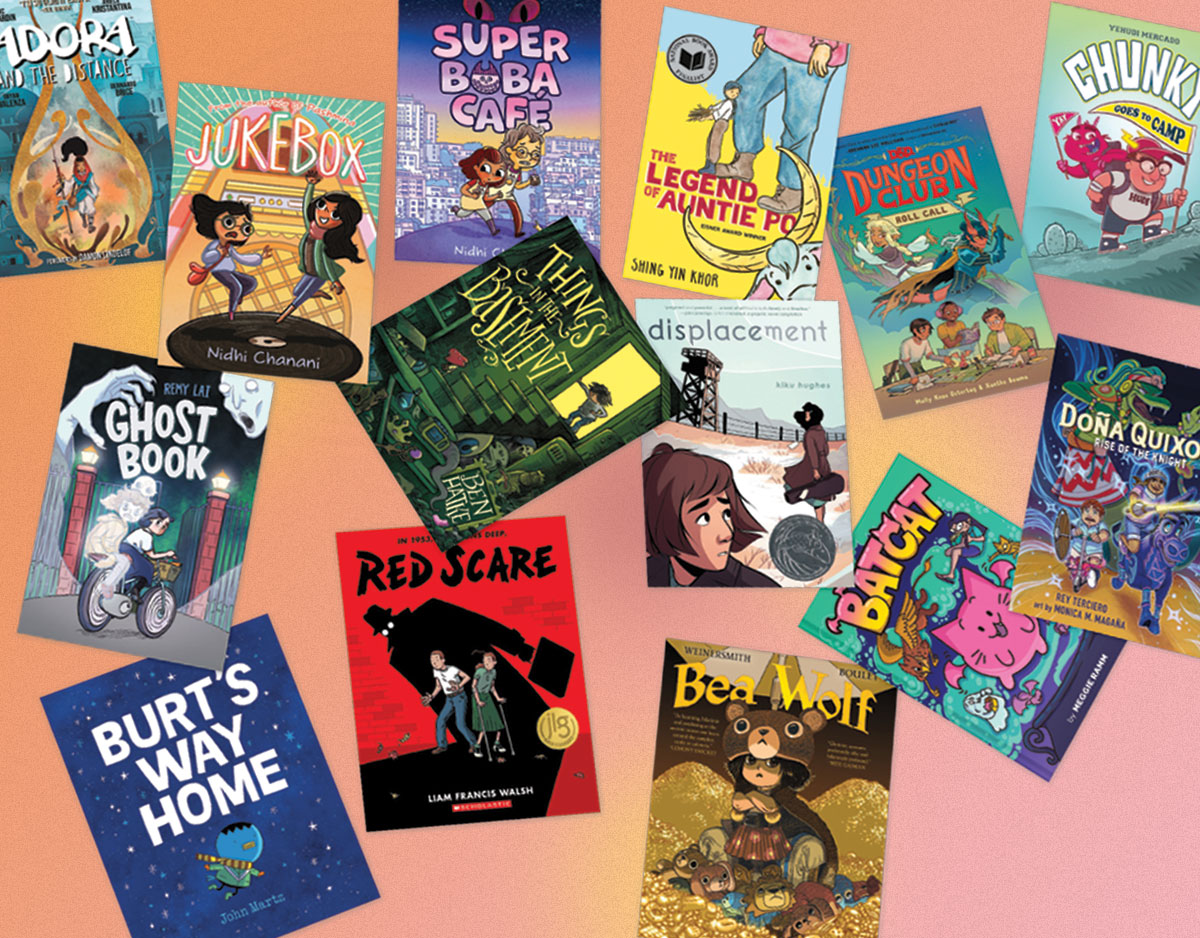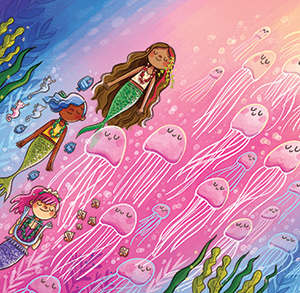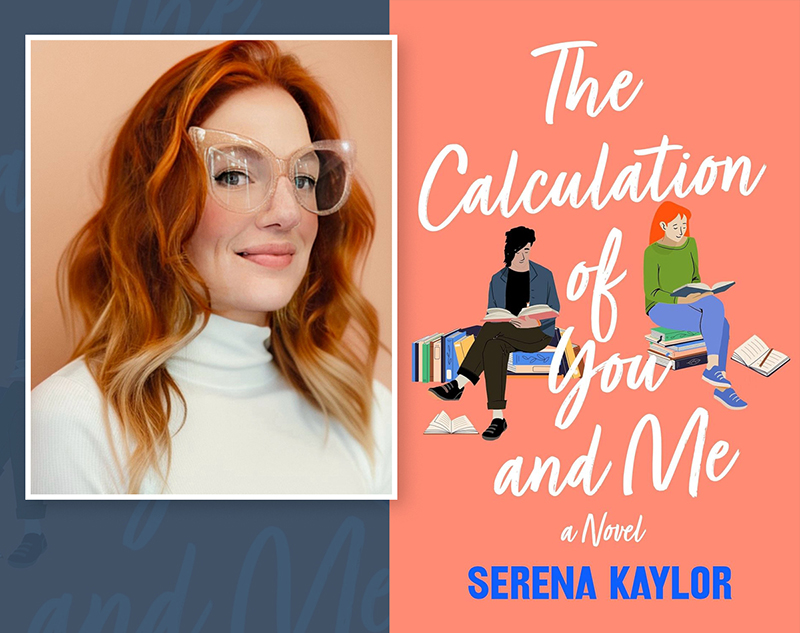SCROLL DOWN TO READ THE POST
Thoughts on Alex: One Shot at Forever
Chris Ballard’s One Shot at Forever is one of the three books on the Alex Awards this year that we declined to review. In the comments of our Alex Reactions post, John Sexton explained why:
I believe the last time a sports themed book received Alex recognition was in 2007 when the committee i served on selected two: The Blind Side and Eagle Blue. Each of them was distinguished by sociological insights that contemporary teens could relate to and sometimes witness every day. That appeal to current realities brought an immediacy to each of those works that One Shot at Forever lacks. I liked One Shot and found it a wonderful and touching memoir, but it is a tale and adult experience with teens over four decades ago! And while a teen might find some of the narrative of high school baseball games and rallies amusing, it is very dated; besides most of the story is about the long-haired coach and the challenges he faced as a city-based college graduate finding his way in rural Illinois. As a former long-haired and bearded baseball coach in a rural town, I could totally relate. But I could never see this as having any appeal to a teen whatsoever. There has to be something more – a personality like Shaun White – or a compelling tale like that of Michael Oher – for a sports story to have teen appeal. As much as I enjoyed One Shot, I didn’t find it to have that compelling quality.
I wasn’t an editor when we rejected the book, but I have nothing but respect for John and I would have happily accepted this as a reason for us not to review it. However, given that the book did win an Alex, I went back and read it, and found that I disagreed with John’s take on the teen appeal for several reasons:
ADVERTISEMENT
ADVERTISEMENT
1) One Shot does actually have plenty of sociological insight. Specifically, it is focused on the concept of small-town America, and the teen experience of living in a tiny community and wanting to get out, or do something bigger than their town. While John may see this as dated, I think it’s an issue which is still very much with us–look to teen fiction like Where Things Come Back or Amelia Anne is Dead and Gone. I remember feeling this way growing up in a town of 30,000, and there are plenty of teens living in towns much smaller than that.
2) While the early chapters are weighted towards the story of the coach, Lynn Sweet, on balance the book is as much about the players–especially Miller, Shartzer, and Heneberry–the team as a whole, and the town as a whole, as it is about Sweet. I agree that there isn’t one central teen personality like Michael Oher, around which the book revolves, and that may be a minor fault. But I didn’t find the story of Lynn Sweet to quite overwhelm the story of the teenaged baseball players the way John seems to have.
3) Even granted that much of the book focuses on Sweet, I don’t agree with John that it is out of the question for teens to relate to a long-haired high school baseball coach. Speaking from personal experience, as a teen in the 90s, I was very much in tune with 60s and 70s counterculture, through the books I read and the music I listened to, and many of my friends were as well. The number of teens who continue to be interested in this period may be on the decline, but I don’t think it is altogether gone. Even so, I don’t even think a specific knowledge of the counterculture is necessary to sympathize with Sweet. Many teens will instinctually side with Sweet as soon as they see the issue as one of arbitrary authority (“the man”) bearing down on a free spirit–a perennially popular teen theme in books and movies.
So there’s some teen appeal–almost certainly not broad teen appeal, but deep appeal for the right teen. And, as John says, it’s a great story. Still, I found myself a bit uncomfortable with the book. If I had been on the Alex committee, what I would have wanted to probe at greater length is whether Ballard does full justice to his story. From the title all the way through to the last two chapters, it is clear that Ballard is a sports writer: excited by the thrill of a win and the way sports can give you a glimpse at immortality. In both the prologue and last chapters he bemoans the fact that no one in Macon remembers the story of the Ironmen. And yet, this seems to be exact opposite of the lesson Sweet was trying to teach his players. Ballard again and again shows that Sweet believes that the point of the game is to have fun, not to win, and that the most important aspect is the journey, a theme which parallels the teaching style Sweet used.
I really wish Ballard had probed at this issue more, because it the conflict between these two attitudes seems to be perfectly embodied in the persons of Sweet and Shartzer. Shartzer is the kid who can’t give up the fact that he lost the State Final game, and doesn’t want to relive the season because it is too painful. He quit baseball in the minors because he “cared *too much*”. And yet Sweet and Shartzer had an incredibly close relationship. It feels like there could have been a whole book in the relationship between these two, and the interplay between the way they saw life and baseball, and it seems like a missed opportunity to me.
But, that’s not the book Ballard wrote. The book he did write is great, and given that I was able to see these issues so clearly within it, Ballard clearly gave them at least some airing, which is perhaps all they need. Still, I’d be very interested to know if any of these topics came up in the committee discussions.
Filed under: Nonfiction
About Mark Flowers
Mark Flowers is the Young Adult Librarian at the John F. Kennedy Library in Vallejo, CA. He reviews for a variety of library journals and blogs and recently contributed a chapter to The Complete Summer Reading Program Manual: From Planning to Evaluation (YALSA, 2012). Contact him via Twitter @droogmark
ADVERTISEMENT
SLJ Blog Network
Newbery/Caldecott 2025: Spring Check-In
Ellen Myrick Publisher Preview: Spring 2024 – Cicada, Creston, Diamond, and Eye of Newt
Number Call | Review
It’s Time for More Mock Newbery Suggestions
How Can We Make Writing More Cool in School? A guest post by author Polly Holyoke
The Classroom Bookshelf is Moving
ADVERTISEMENT
ADVERTISEMENT







